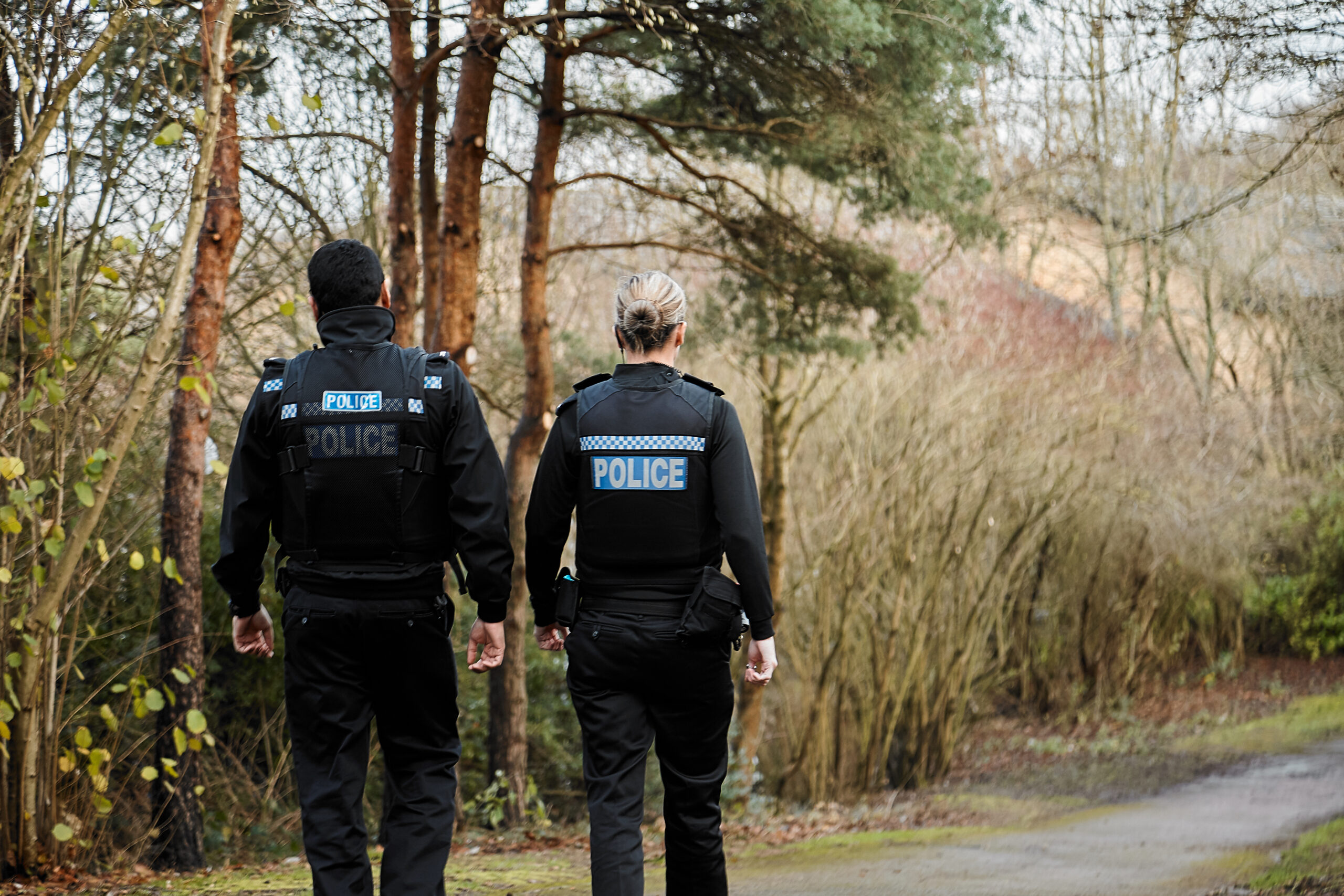Forces Should Publish More Positive Stories About Officers
Forces need to publish more positive stories on their social media accounts in order to support officers and show the public the reality of policing, Hampshire Police Federation has said.
Federation Chair Zoë Wakefield was responding to the recent HMIC report into activism and impartiality in policing, in which many interviewees said they felt left down by forces not doing enough to respond to the developing narrative when they were the subject of critical reporting and social media comment.
The report said: “This leaves gaps that others sometimes fill with speculation. If not corrected, it can have a negative impact on public confidence and officer and staff morale. Many officers and staff were also critical of the lack of police communications about the good work forces do to keep people safe. An officer in one focus group said: ‘They [the force] never push back or defend us – good news doesn’t matter.’”
Zoë said that forces needed to be more proactive in backing up their officers and putting out positive news stories.
She said: “Some forces do good work in this area, but I keep talking to our Chief Constable about this because the mainstream media is only going to publish the sensationalist, negative police stories. We know that.
“I accept that there’s no point in our force comms team going to the Daily Echo and saying: ‘We’ve got this great story about how one of our police dogs ran across fields and caught a burglar’.
“But we’ve got the power of social media. Every force has got Facebook accounts, LinkedIn accounts, X accounts. They’ve got the opportunity to get that story out there without having to involve the media, and they should be putting more and more of these good news stories out. In Hampshire, they will put good news stories on our intranet site, but that’s as far as they go.
“Sometimes there are problems with them putting them out externally if they are under the sub judice rule, if they haven’t yet gone to court. But there are sometimes ways around that: for instance anonymising details.”
Zoë added that Chief Constables have the ability to decide whether to release body-worn video footage to the media. She said: “I think that needs to happen more. Even if it’s taken eight months for the case to go through the court process, still put it out. It doesn’t matter that it happened eight months ago, get the good news stories out.
“Let the public have a better, fairer balance of what policing is actually about. Forces should, in certain circumstances, come out and say: ‘From our perspective, we can’t see that the officers have done anything wrong’. I think there’s loads more that forces could do to promote good policing, on social media.”
